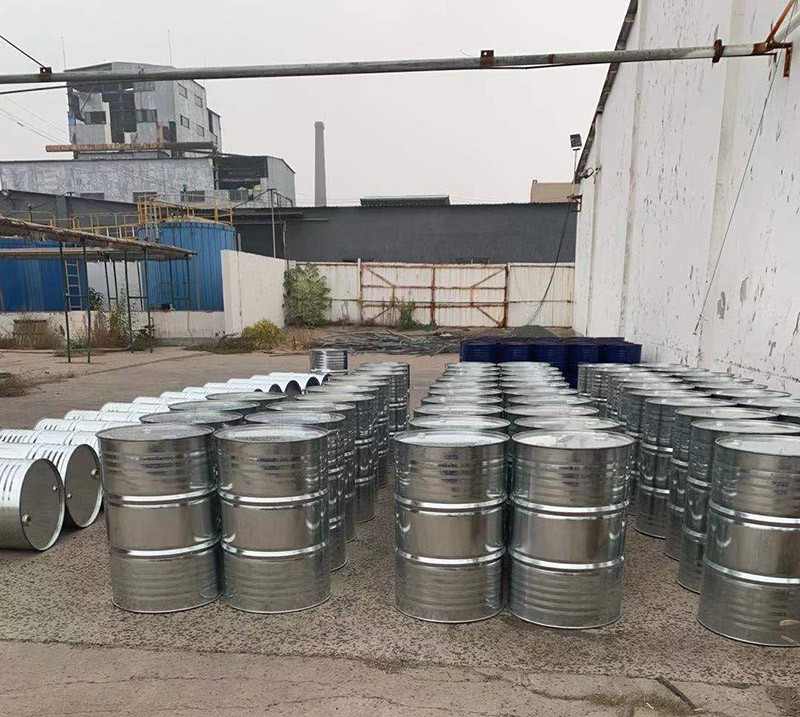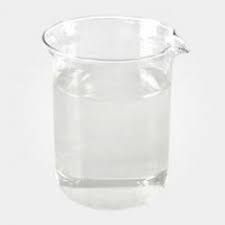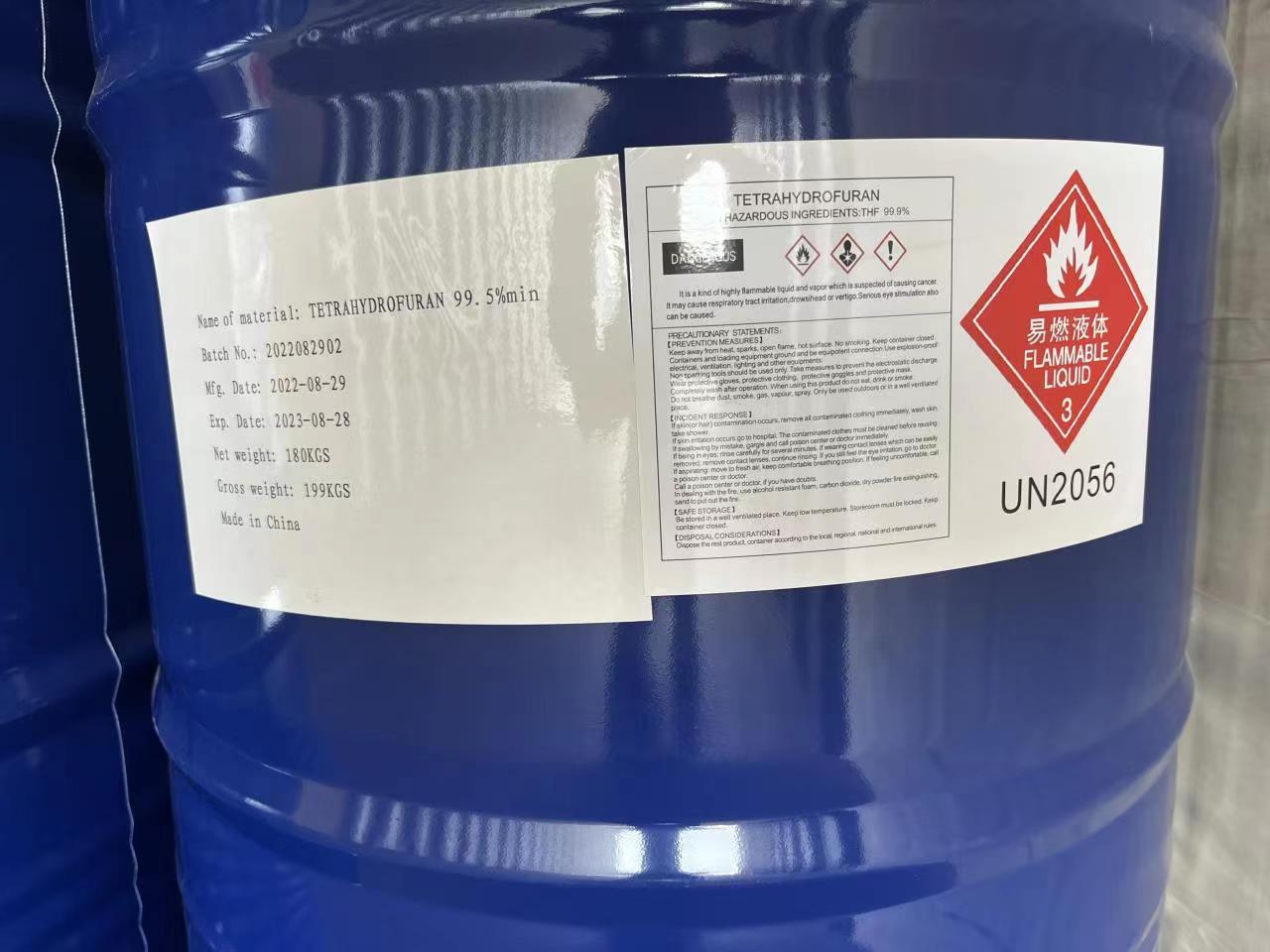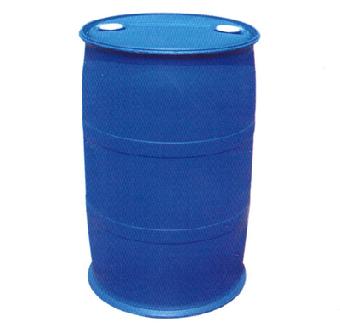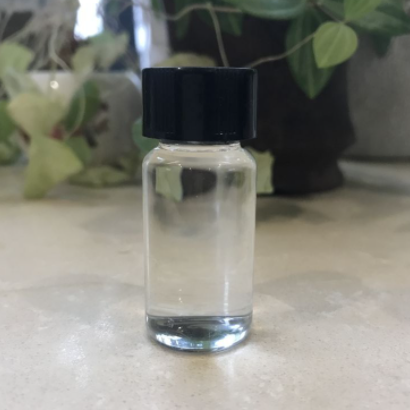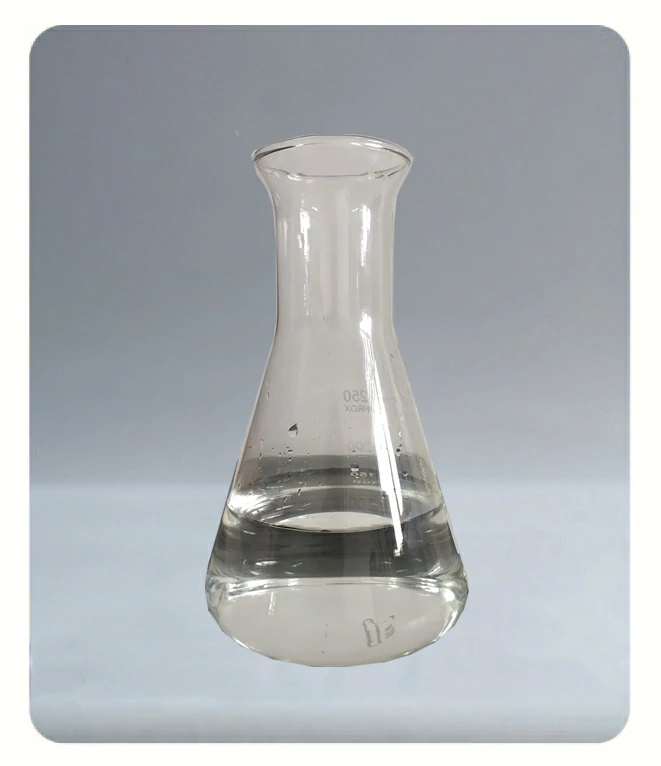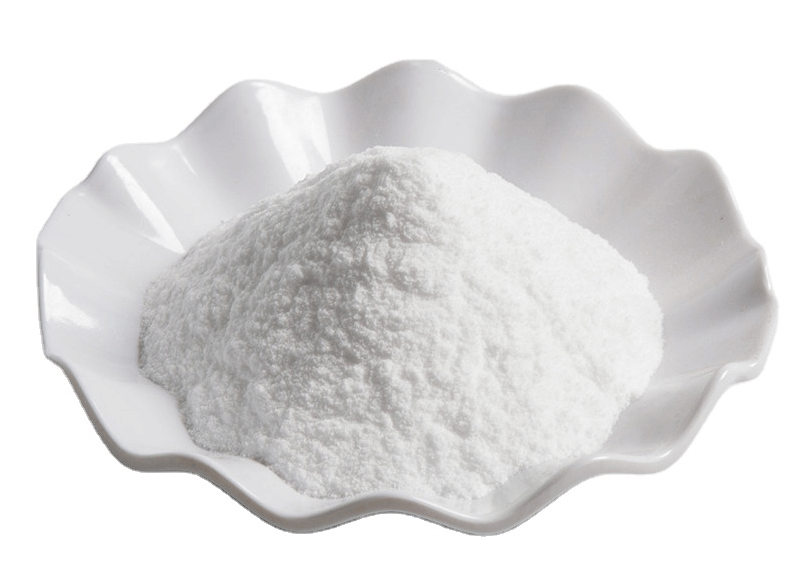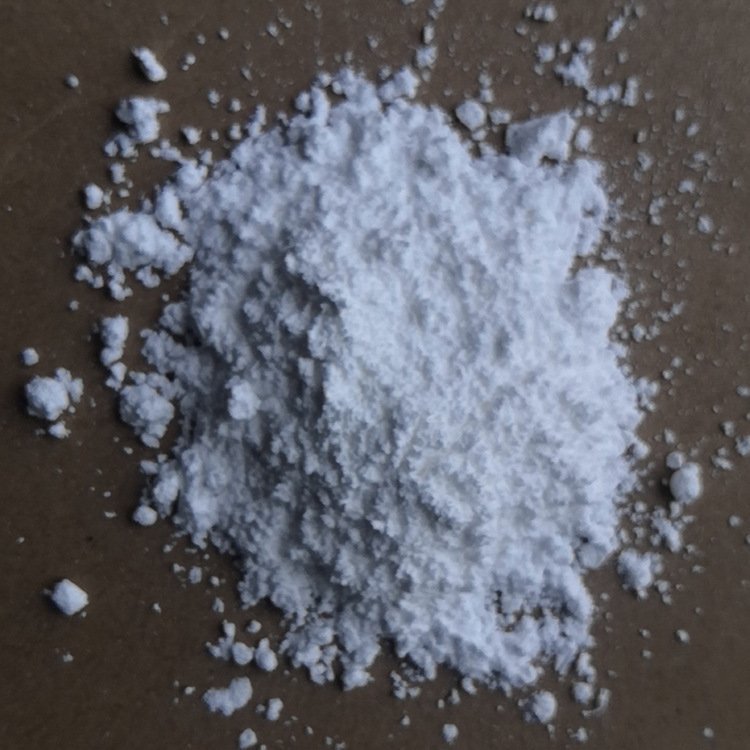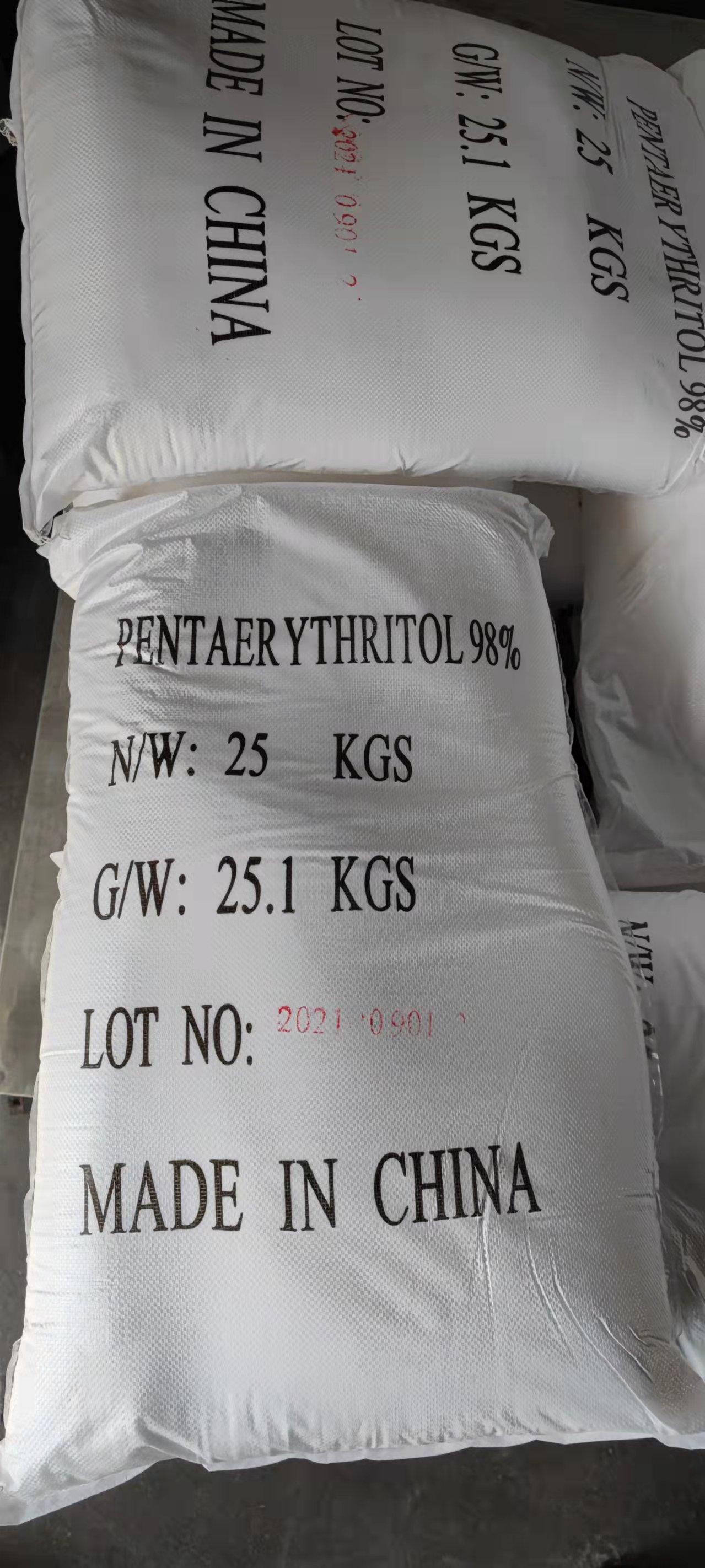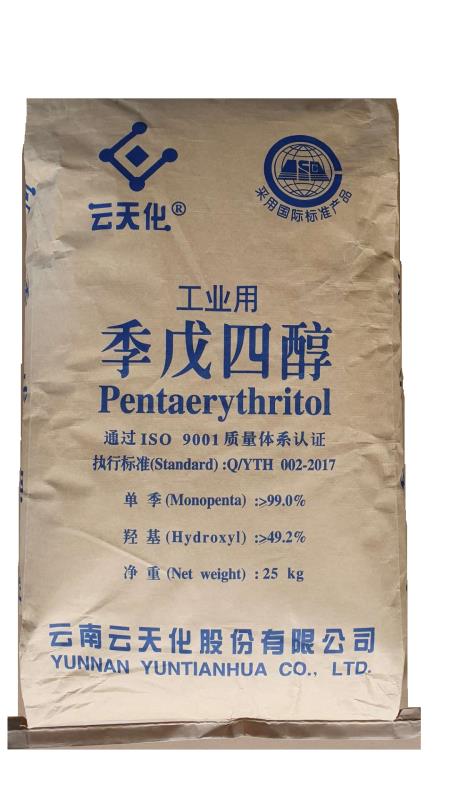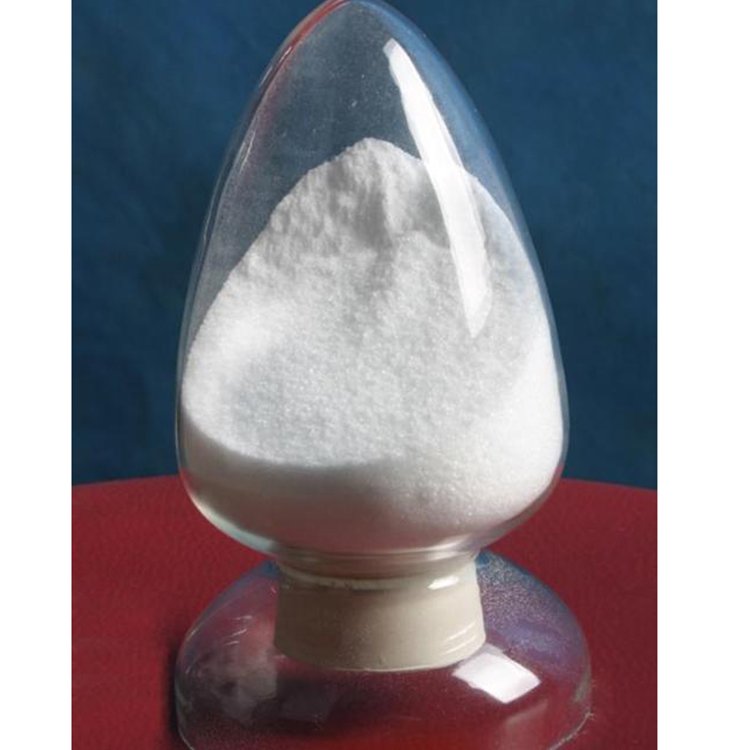Pharmaceutical Raw Materials
Veterinary API
Antiallergic Drugs
Hormones and Endocrine Drugs
Drug Metabolism
Pharmaceutical Intermediates
Synthetic Anti Infective Drugs
Specialty Drugs
Vitamins and Minerals Medicines
Feed Drug Additive
Antineoplastic Agents
Nervous System Drugs
Respiratory Drugs
Diagnostic Agents
Anti Stress Drugs
Antipyretic Analgesics
Antiparasitic Drugs
Circulatory System Drugs
Biochemicals
Blood System Drugs
Immune System Medication
Pharmaceutical Excipients
Fluid, Electrolyte, and Acid-Base Balance
Urinary System Drugs
Antibiotics
Anesthetic Agents
Inhibitors
Other Chemical Drugs
Digestive System Drugs
CAS:109-99-9
Molecular Formula:C4H8O
Alias
More Information
Tetrahydro-Furan; Furan, Tetrahydro-; THF; Oxolane; Furanidine; Tetra Hydro Furan
Brief Introduction
Tetrahydrofuran is a heterocyclic organic compound, which belongs to ethers. It is a completely hydrogenated product of aromatic furan. Tetrahydrofuran is one of the strongest polar ethers. It is used as a medium polar solvent in chemical reaction and extraction. It is a colorless volatile liquid at room temperature and has a smell similar to ether. Soluble in water, ethanol, ether, acetone, benzene and other organic solvents, known as "universal solvent".
Suppliers
View More Vendors (4) >
CAS:111-30-8
Molecular Formula:C5H8O2
Alias
More Information
Pentane-1,5-Dial; 1.3.5-Trimethoxycarbonyl-Pentan; Pentanedial; Glutaric Dialdehyde; 1,3,5-Tricarbomethoxypentane; Glutardialdehyde; 1,5-Pentanedial; Pentandial
Brief Introduction
Glutaraldehyde is an important saturated straight chain aliphatic cluster binary aldehyde. Although there are many reports about the toxicity of glutaraldehyde, the crosslinking of glutaraldehyde has many advantages in clinical application, and has been accepted by chemical book. Although glutaraldehyde is widely used in pharmaceutical industry and biomedical field, its toxicity, irritation and environmental pollution can not be ignored.
Suppliers
View More Vendors (4) >
CAS:114772-53-1
Molecular Formula:C14H11N
Alias
More Information
4'-Methylbiphenyl-2-Carbonitrile; Sartandiphenyl; 4'-Methyl-2-Cyanobip; 4'-Methyl-2-Cyanobiphenyl; 4-Cyanomethylbiphenyl; 2Mppc; 4-Methyl-2'-Cyanobiphenyl; 2-Cyano-4-Methyl BI Phenyl; OTBN; Sartanbiphenyl; 2'-Cyano-4-Methyl-1,1'-Biphenyl; 2-Cyano-4-Methylbiphenyl; 2-Tolylbenzonitrile; 4-Methyl-[1,1'-Biphenyl]-2-Carbonitrile; Methyl Diphenyl; 2-Cyano-4'-Methylbiphenyl; 2-Cyano-4-Methyl Biphenyl; Ortho Tolyl Benzo Nitrile(OTBN)
Brief Introduction
It is a pharmaceutical intermediate for the synthesis of new sartan antihypertensive drugs, such as losartan, valsartan, ipsartan, irbesartan, etc.
Suppliers
View More Vendors (4) >
CAS:115-77-5
Molecular Formula:C5H12O4
Alias
More Information
2,2-Bis(Hydroxymethyl)-1,3-Propanediol; 2,2-Bis(Hydroxymethyl)Propane-1,3-Diol; Tetrakis(Hydroxymethyl)Methane; Monopentaerythritol; Pentaerithritol; Pentaerythritol98
Brief Introduction
Pentaerythritol, as a quaternary alcohol, is easy to be esterified to form acids and esters, so it is mostly used as raw material of alkyd resin coatings, mainly used as building coatings and automotive primer. Pentaerythritol tetranitrate can be obtained by esterification of pentaerythritol and concentrated nitric acid at 5 ~ 15 ℃ in industry. It is a kind of high-performance and strong explosive with higher explosive power than TNT. It is often used as booster or mixed with TNT. It was used extensively in the Second World War. It is a long-acting vasodilator and can treat angina pectoris. Pentaerythritol rosin ester can be prepared by the reaction of pentaerythritol and rosin acid. It can be mixed with dry oil to obtain a coating with good hardness, water resistance and weather resistance. It can be used for varnishes, floor inks, etc. An alkyd resin coating can be prepared by esterification polycondensation of pentaerythritol or glycerin with phthalic anhydride and fatty acid. The properties of alkyd resin can be improved by using different kinds and different amounts of fatty acids, making it suitable for various needs of coatings. It is widely used as metal, wood surface coating, for bridges, railways, derricks, housing construction and other commonly used industrial paint and architectural paint. Alkyd resin has developed rapidly since it entered industrial production in 1927 due to its low price, easy availability of raw materials, easy modification, strong adaptability and good comprehensiveness.
Suppliers
View More Vendors (4) >
CAS:116539-55-0
Molecular Formula:C8H13NOS
Alias
More Information
(1S)-3-(Methylamino)-1-(Thiophen-2-yl)Propan-1-ol; (S)-3-(Methylamino)-1-(2-Thienyl)Propan-1-ol; (S)-3-(n-Methylamino)-1-(2-Thienyl)-1-Propanol; Duloxetine Hydrochloride Impurity B
Brief Introduction
Duloxetine intermediates
Suppliers
View More Vendors (4) >
Inquiry (
10
/ 10
)
Clear All
Sign In
Error!

